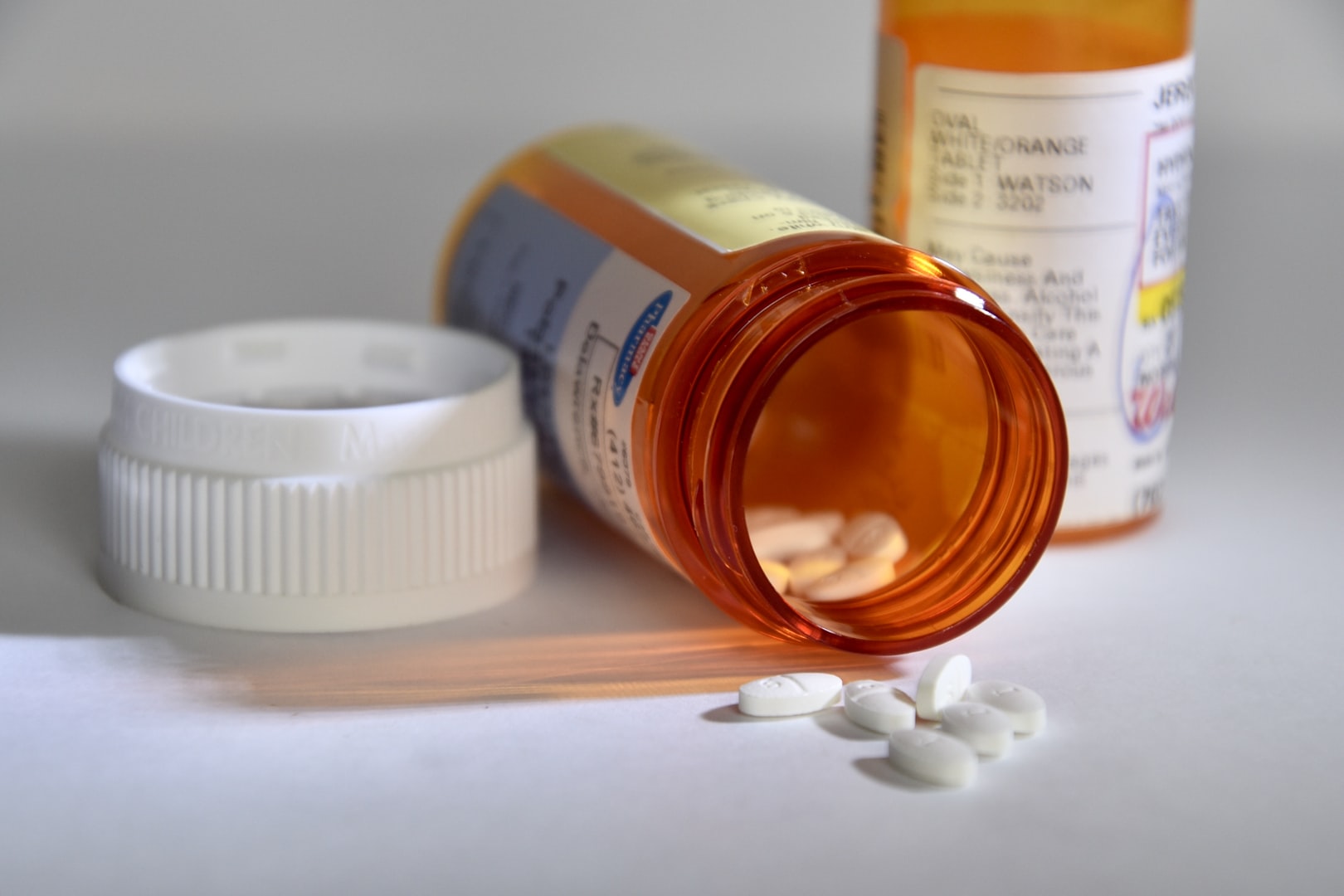
Advise from Consultant Surgeon Mr James Kirkby-Bott
Medications Post Thyroid & Parathyroid Surgery
Pain Relief
Everyone is sent home after surgery with pain relief. Some people don’t feel they need it, and some do. Take it as you need to, but follow this advice for the best results:
Paracetamol
Take paracetamol regularly four times a day until you aren’t taking anything else and then start to take it as you need to until you no longer need it. In the prescribed dose it has no side effects and is the most effective painkiller on the market.
Ibuprofen
If more pain relief is needed, take some Ibuprofen in addition to the paracetamol. Take it up to three times a day with some food or a nutritious drink. This drug has some interactions with other health problems but taken in the prescribed amount for a just a few days is generally very safe with few side effects, even if you have been told not to take this in the past. You can ask for advice about whether to take this if you feel uncertain.
Dihydrocodeine
Lastly, you will go home with Dihydrocodeine. This painkiller is really strong and if taken when not really needed will cause sleepiness and can cause headaches. It also causes constipation, so make sure your bowel habit is regular (aim for once day). Use a laxative if you need to use this drug and it is causing constipation. Only take this as required. Add it to the paracetamol and Ibuprofen that you should already be taking.
Calcium replacement
If you have had a total thyroidectomy or a completion thyroidectomy to remove the rest of your thyroid gland at a second operation, you are at risk of developing a low blood calcium after your surgery.
This is due to 4 very small glands adherent to your thyroid being temporarily (or infrequently permanently) disrupted by dissecting them off the thyroid gland at your operation. They have an important role controlling your calcium levels, and if they stop working you can experience a tingling sensation around your lips and fingertips.
If this is left untreated, you can then get cramps and muscle weakness. If left completely untreated it can adversely affect how your heart beats. If you treat it at the first signs of tingling these more dangerous effects will be avoided.
